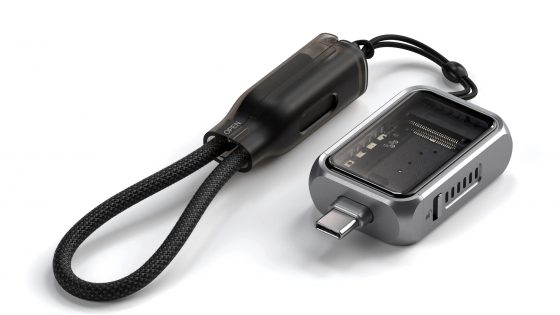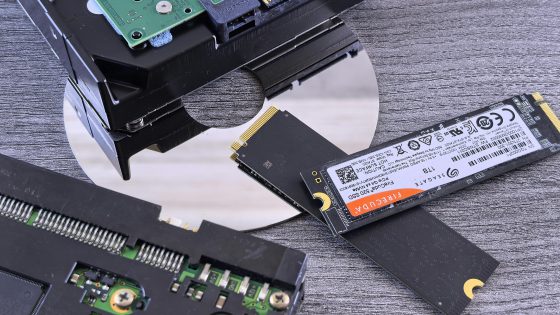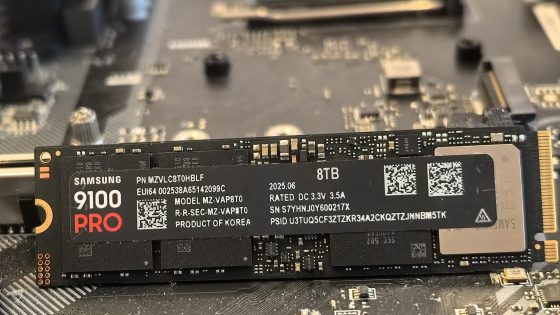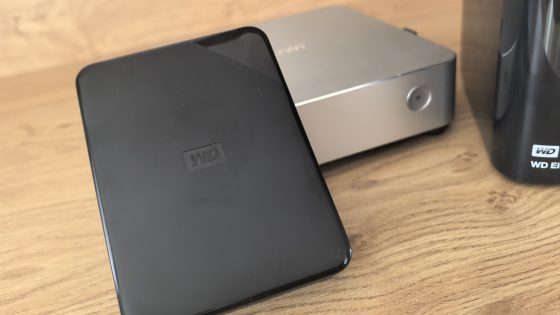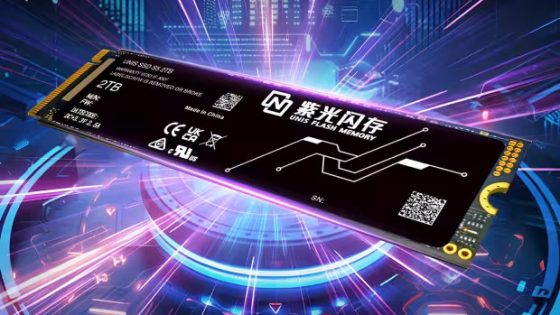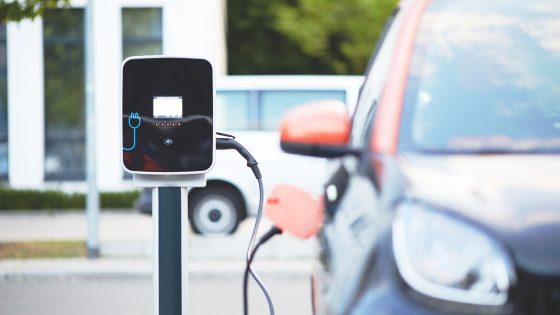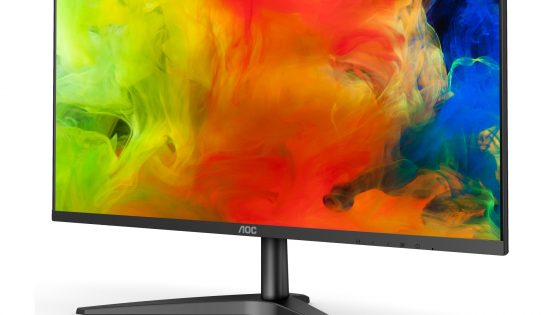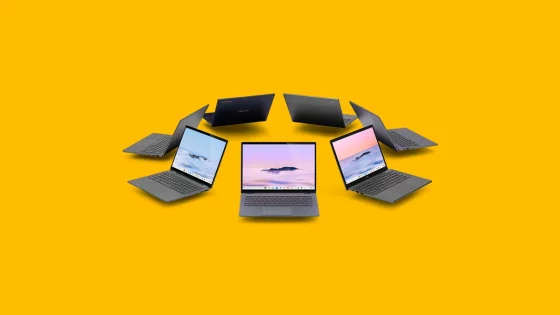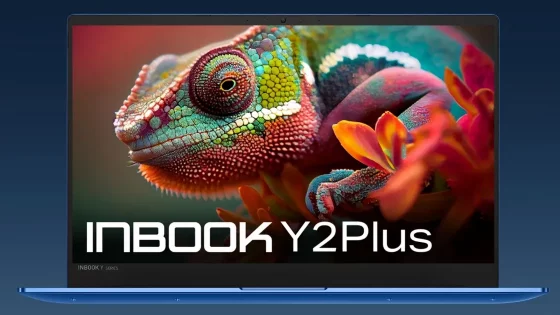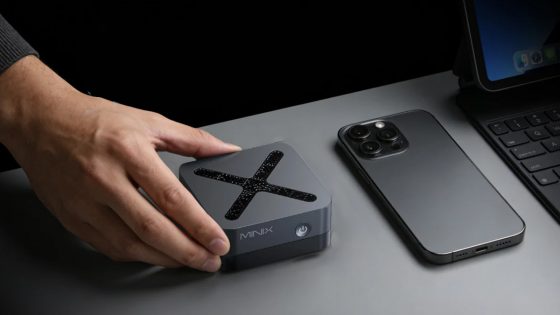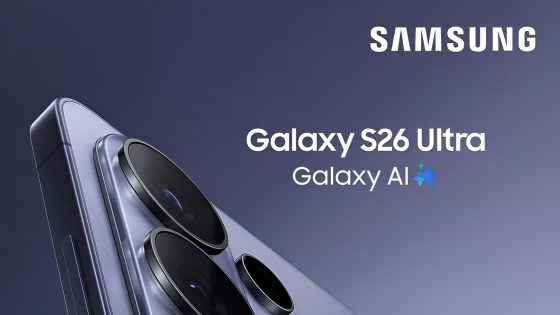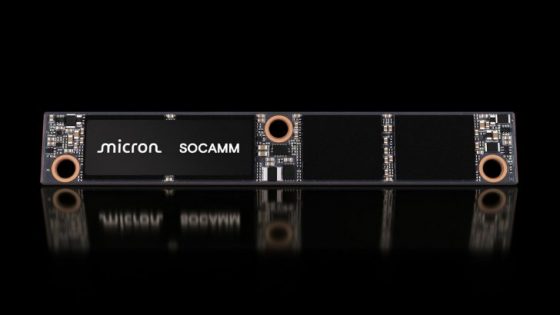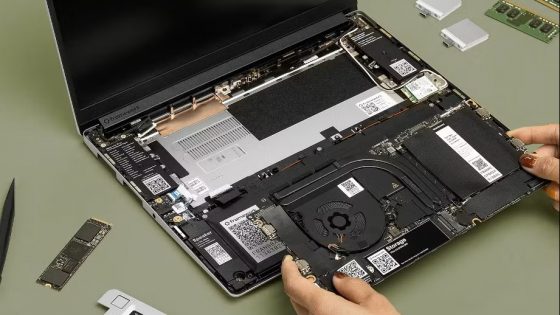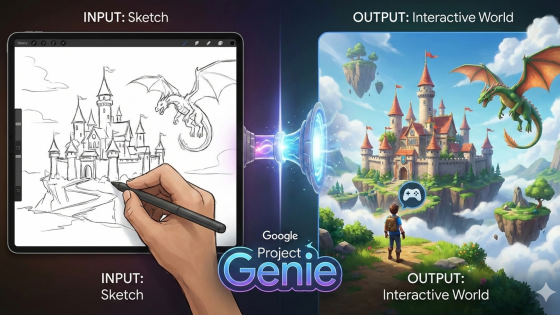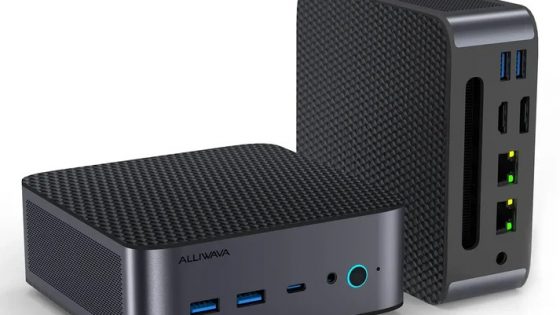Fast Solid State drive with active cooling
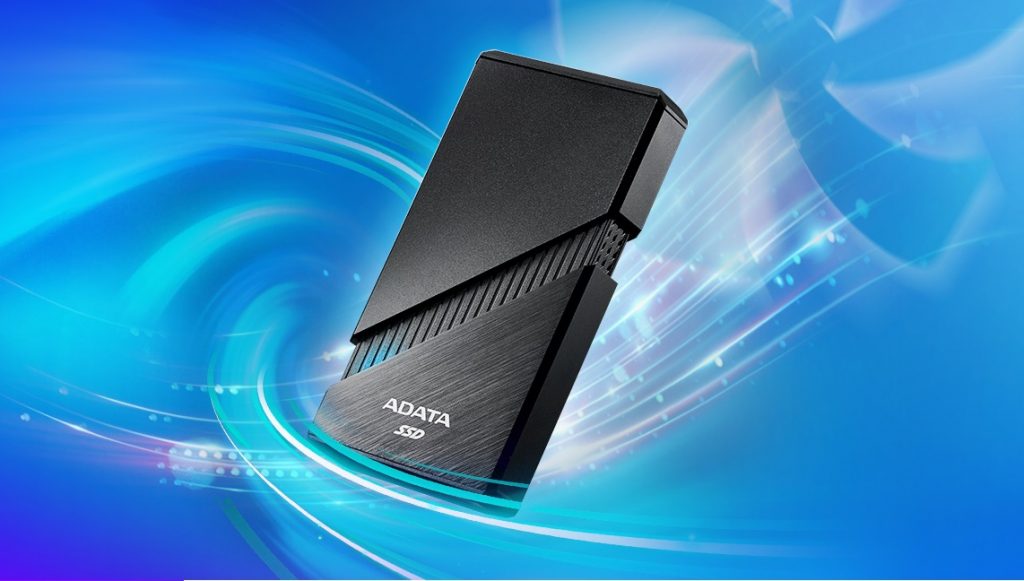
We've all probably thought about the fact that when a computer breaks down, we can instantly lose all the documents and photos we have stored on it. Some people don't care, others store files in the cloud, others on an external drive. In this way, they ensure that they will not lose their nerves and important data in the event of a computer failure.
A mobile or external Solid State drive is certainly an excellent solution, as you can use it to store photos, videos or music, and the biggest advantage is of course its mobility, as you can take it with you anywhere. With it, you can ensure data persistence while easily freeing up space on your computer and improving its performance without having to worry about running out of space. You can store incredible amounts of files on these devices, depending of course on their capacity. Data transfer speed is also key.
That's why ADATA has prepared a unique Solid State drive. Their external drive with the sales code SE920 is equipped with a USB 4.0 interface. This actually enables data transfer at a speed of up to 3.8 gigabytes per second. Since the Solid State drive heats up during this process, ADATA engineers equipped the novelty with active cooling. This task was taken over by a miniature fan, which does not make too much noise during operation. The miniature fan is powerful enough to lower the average operating temperature of the external disk by as much as 10 degrees Celsius.
With the ADATA SE920 external hard drive, we can theoretically transfer a 10 gigabyte 4K video in a mere three seconds via the USB-C interface. The novelty will be 105 x 64.2 x 15.9 millimeters in size and will be available with capacities of one and two terabytes. Compatibility with a wide range of operating systems such as Windows (10 and 11), Mac OS (13 and above), Linux (kernel 6 and above) and Android (13 and above) will be ensured. In addition, ADATA provides a five-year warranty for new products. Unfortunately, the retail price of the ADATA SE920 drive has not yet been revealed.



